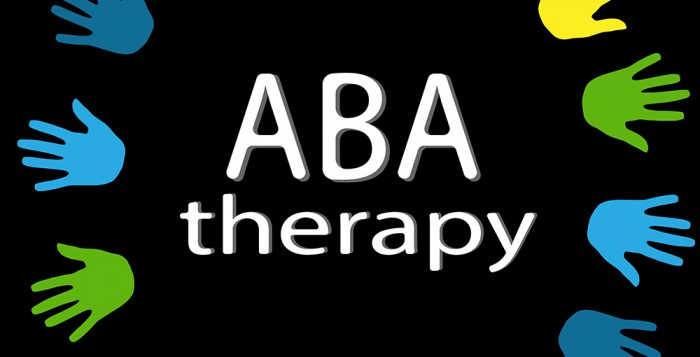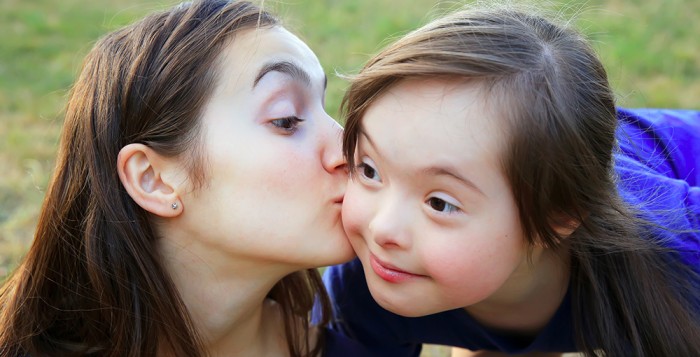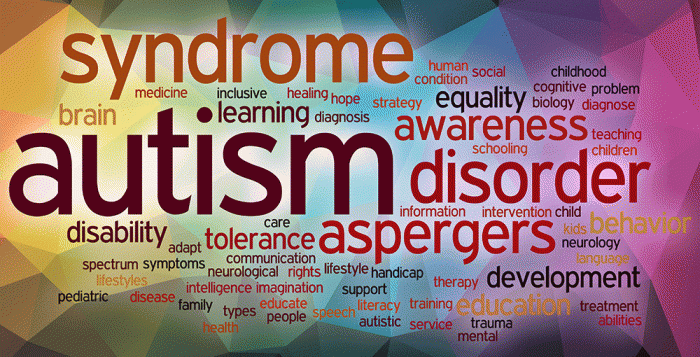Training Requirements for BSC-ASD Provided ABA Services
The Office of Mental Health and Substance Abuse Services (OMHSAS) has issued a new bulletin: OMHSAS-16-04 Training Requirements for Licensed Behavior Specialists Who Use Behavioral Specialist Consultant-Autism Spectrum Disorder Services to Provide Applied Behavioral Analysis. The new requirements are effective as of Sunday, May 15, 2016. This bulletin applies to organizations, individuals, and entities approved to provide Behavioral Specialist Consultant-Autism Spectrum Disorder (BSC-ASD) services, and who use these services to provide Applied Behavioral Analysis (ABA) in the fee-for-service and HealthChoices behavioral health managed care delivery systems. The purpose of this bulletin is to notify providers of the training requirements for newly licensed behavior specialists who use BSC-ASD services to provide ABA and who meet the training requirements for the behavior specialist license through trainings approved by the Bureau of Autism Services or the Behavior Analyst Certification Board.
Children’s Committee Materials from April 13, 2016
Are Your Claims Being Denied?
RCPA has become aware that there have been higher than normal claims denials by both Medicare and Medicaid related to certain diagnoses. Those diagnoses are Schizophrenia and Post Traumatic Stress Disorder (PTSD) as defined by the DSM-V and ICD-10.
The DSM-V only identifies Schizophrenia Not Otherwise Specified (NOS) and PTSD NOS, versus the ICD-10 which offers eight schizophrenia diagnoses and three PTSD diagnoses. As a result, our practitioners are likely choosing Schizophrenia or PTSD NOS, since they are mostly using the DSM-V. Billing staff have options of eight or three diagnoses respectively, but will use what the practitioner has selected, the only DSM-V diagnosis available. It is highly probable that the individual being evaluated meets something other than NOS. There are very specific criteria for the NOS diagnosis which can certainly be used as the criteria is met, but when the criteria is not met, the claims are accurately denied. RCPA wants to hear from you about how this is affecting your business.
The second billing issue is related to electronic health records (EHR) that have not yet loaded the ICD-10 codes for billing. It is our understanding that there are at least two vendors doing business in Pennsylvania who have not loaded the ICD-10 billing codes into the EHR. RCPA wants to hear from members about how they are billing in the absence of the EHR, not having the ICD codes, and other universal billing concerns.
Please find more information about claims rejections here. Send comments to Sarah Eyster by Friday, April 15.
OMHSAS Children’s Bureau “Moving Forward”
In recent years, the Office of Mental Health and Substance Abuse Services (OMHSAS) had received concerns regarding the Bureau of Children’s Behavioral Health Services (Children’s Bureau). Four major themes emerged from this feedback relating to communication, regulations and policy, operational consistency, and system partner engagement. Last spring, OMHSAS engaged Mercer Consulting to conduct a study of the Children’s Bureau that included three two-hour focus groups with OMHSAS system partners, including representatives from RCPA. The primary goal of the review was to identify ways in which OMHSAS can improve internal operations as well as communication and collaboration.
On Tuesday, Deputy Secretary Dennis Marion shared both an executive summary of the Mercer Independent Study as well as his description of the steps forward that OMHSAS has initiated in response to the concerns and findings. The action items outlined by Deputy Secretary Marion are:
- Review and consolidation of regulations related to Behavioral Health Rehabilitation Services (BHRS). OMHSAS will engage with stakeholders to draft regulatory changes with the expectation that proposed BHRS regulations will be released for public comment in mid-2017.
- Strategic reorganization of OMHSAS leadership. On March 7, Shannon Fagan joined OMHSAS as Children’s Bureau director, and Sherry Peters became director of the Bureau of Policy, Planning, and Program Development.
- Organization-wide effort to improve consistency and quality. Moving forward, OMHSAS senior staff will focus on identifying areas of potential improvement, developing strategies to strengthen internal and external processes, promoting an organizational culture of collaboration, coordination, communication, and cohesiveness, and monitoring progress towards addressing the concerns voiced by OMHSAS stakeholders.
- Emphasis on family and stakeholder engagement. The involvement of PACA, RCPA, BH-MCOs, and their contractors, played an integral role in working to identify issues of concern.
- A redefining of “customer service.” To address concerns relating to responsiveness and professionalism, internal meetings have been held to stress the importance of holding OMHSAS staff to high standards of customer service.
- Renewed focus on communications. In response to concerns regarding effectiveness of internal and external communications, Shanna Klucar was appointed as executive assistant to the deputy secretary on January 30.
OMHSAS invites RCPA members and other stakeholders to share comments and concerns regarding Children’s Behavioral Health Services to Shannon Fagan, bureau director, as well as the RCPA Children’s Division. In addition, members may contact OMHSAS leadership Sherry Peters and Shanna Klucar with more general comments and concerns.
PROMISe Enrollment Now Online
The Department of Human Services (DHS) Medical Assistance Online Provider Enrollment Application information is now electronic, online, and available to provider organizations. The improvements and modernization of the PROMISe system have been strongly encouraged by RCPA and a significant goal of DHS. Some of the benefits of online enrollment application submissions are:
- Allowing documents that previously had to be mailed or faxed to be uploaded directly to the portal;
- Permitting providers see the status of their submissions; and
- Decreasing wait time to review applications.
The information you will need to submit an application for enrollment:
- Access the online enrollment application
- Review the training guide
- Review the frequently asked questions document for important clarifications
- A “Help” feature is available at any time during the completion of an application
- Supplemental Services require the Behavioral Health Managed Care Organization to attest that a provider is credentialed
Autism Service Coding and Collections Developments
The Department of Human Services (DHS) and Pennsylvania Insurance Department (PID) are taking efforts to ensure the Autism Insurance Act (Act 62) is fully implemented, and its goal of Medicaid cost reduction is achieved.
Submit Your Nominations for Juvenile Justice Awards
The Juvenile Court Judges’ Commission (JCJC) and the Awards Committee of the PA Council of Chief Juvenile Probation Officers are pleased to announce that nominations are now being accepted for the 2016 JCJC Awards Program. This year program categories for which your program may be eligible include:
- Residential Program of the Year
- Community Based Program of the Year
- Meritorious Service Award
As in previous years, all nominations must be submitted by county juvenile probation departments. If you would like to have your program or volunteer nominated, please contact a chief juvenile probation officer to discuss the possibility of submitting a nomination. Formal nomination materials must be postmarked by Monday, May 2, 2016.
The JCJC will once again sponsor a Youth Awards Program as part of this year’s Annual Training and Awards Program, to honor the youth selected as winners. The Youth Awards Committee is accepting nominations for the Outstanding Achievement Contest and the Creative Expression Contest. The Creative Expression Contest category will include either a written, poster, or video entry in two age categories; 15 & under and 16 & over. Entry forms for this category will be available soon on the JCJC website. Please contact Keith A. Graybill at (717) 705-9006 or by email if you have any questions or need assistance.
OVR Grants for Student Transition Employment Projects
The Office of Vocational Rehabilitation (OVR) announces: Innovation and Expansion Projects – Student Transition Employment Project (STEP) – IFB # 6100037453 – Potential Bidders must submit a bid for the Invitation to Bid (IFB) by 11:00 am on Tuesday, April 12, 2016.

















